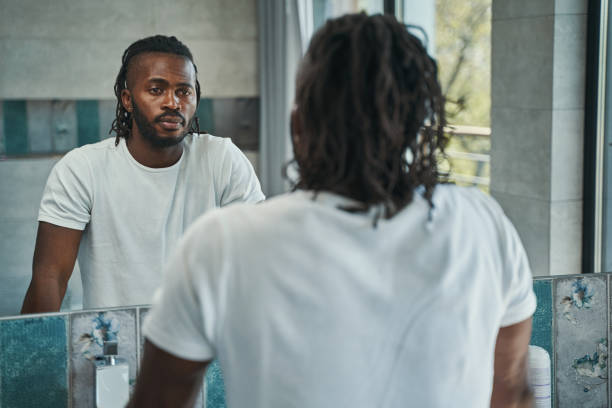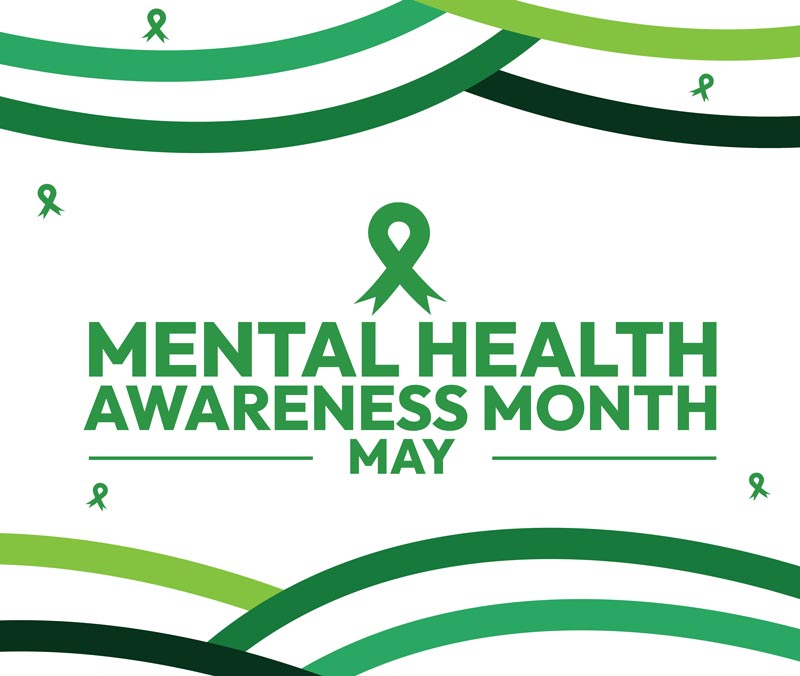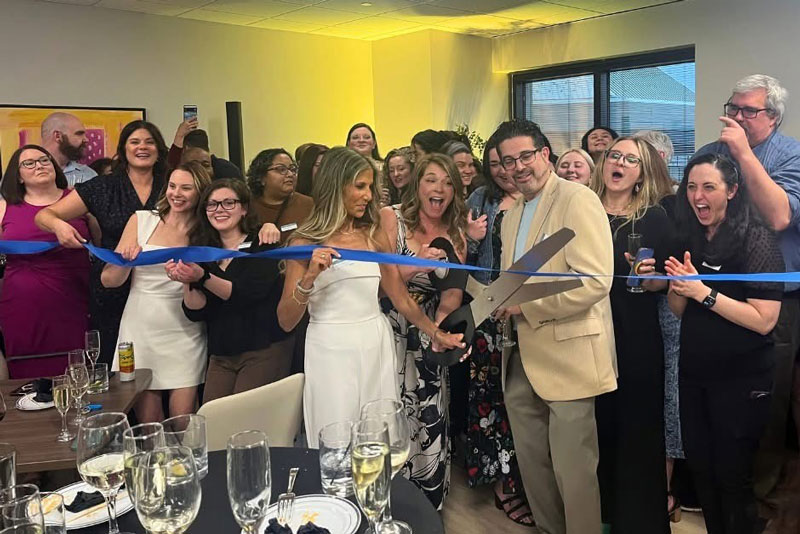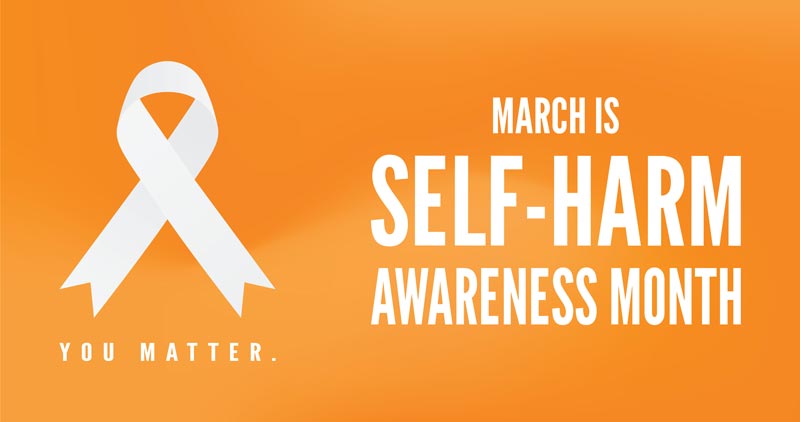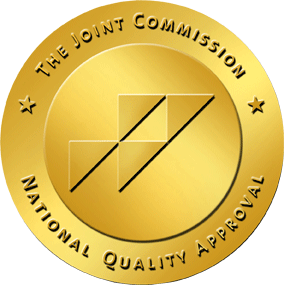By: Skyway Guest Blogger and Summer Marketing Assistant, Paige Gagerman
Full transparency, I have never been body positive. I am currently an undergraduate student studying Psychology, working at a behavioral health program, and still, I have never been body positive. It’s not for lack of trying or yearning, it just has never felt possible. I love that this world has moved toward radical acceptance of all body types, however, with that acceptance has come the pressure to be body positive. I’m here to remind you that if body positivity does not feel accessible, that’s okay.
When recovering from my eating disorder, I struggled to love what I saw in the mirror. I expressed this to my dietitian at the time, because I felt that I was “failing” in my recovery. Wasn’t the goal to love my body unconditionally and without question? Her response to my distress forever altered my perspective of body image. She reminded me that while there is beauty in body positivity, there was no body image standard stating that I had to adore my body. I didn’t need to be infatuated with my body, I simply needed to appreciate it. She defined this appreciation as body neutrality. We can’t control the bodies we were born into, but we can appreciate them enough to nourish them, and to treat them with kindness and curiosity. The day I began to understand this truth was the day I felt free of (some of) the pressures that hindered my recovery.
I am far from perfect in my own body neutrality. Some days I still wish I could hide under a baggy sweatshirt, or I find myself wondering what the scale would say, and on those days, I attempt to engage in two cognitions:
- Recovery is not linear, and poor body image days are human.
- Body neutrality is imperfectly sufficient.
Now, if you don’t trust an undergraduate student working to obtain her degree to give you sound advice, I would first say fair enough, and second, I would offer you some ways to remain grounded in body neutrality from a licensed therapist. Brooke Schwartz, Primary Therapist here at Skyway, she explained that it is important to remember that thoughts and actions are not one in the same. She reiterated that it’s normal to have days in which your body image is abject. However, on those days, your actions do not have to reflect your thoughts. Instead, you can break your disordered eating cycle by gently reminding yourself that negative or distressing thoughts are a part of the human experience, and you still deserve to take care of your body.
So, stop with the self-loathing, you are not a failure for not being body positive-enough, and whether people care to admit it or not, the minority truly are. Try and keep in mind that there isn’t a rule book on what constitutes as the “correct” cognitions regarding body image. If there was, the only rule would be: every body is worthy of acceptance and care. This is the only body you have, so treat it with acceptance.
